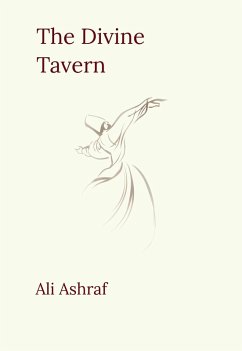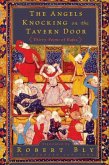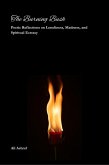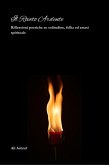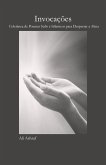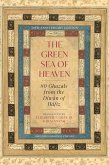Written primarily in the first person, these poems pulse with the immediacy of lived experience, as if the reader is eavesdropping on whispered conversations between the soul and the Infinite. The verses echo the traditions of Rumi and Hafez while carving a distinct modern voice-one that wrestles with doubt, dances in ecstasy, and dissolves into the silence of truth.
Structure & Themes:
- Beauty - The spark that ignites the journey, where love is both wound and remedy.
- Love - The soul's restless ache for transcendence.
- Grief - Surrendering the ego to the fire of transformation.
- Death - The alchemy of isolation, where the self meets its shadows.
- God - The crumbling of identity in the face of the Beloved.
- Self - Moments of divine clarity that pierce the veil of illusion.
- Sufi - The Sufi's destination: where lover, beloved, and love become one.
Style & Voice:
- Lyrical Intensity: Poems oscillate between concise, knife-sharp verses and swirling, incantatory rhythms.
- Dialogue & Devotion: Includes imagined conversations with saints (like Rumi) and raw monologues addressed to the Divine.
- Symbolism: Recurring motifs of wine, fire, mirrors, and birds (especially the phoenix) map the soul's metamorphosis.
Why Read It? For seekers who find dogma stifling but crave sacred connection, The Divine Tavern offers a map written in blood and starlight. It is for those who've tasted love's bitterness and still thirst for its ocean-who understand that the path to God is paved with brokenness and wonder alike.
Comparable to: The ecstatic poetry of Rumi, the rebellious wisdom of Kabir, and the contemporary mysticism of Daniel Ladinsky's Hafez translations-but with a voice unmistakably its own.
From Inside the Book:
"You talk well, O child of mine,
but you don't know the plan divine.
This world is a stage of yours and mine,
for which nature created opposites -
opposites to make this divine poem rhyme."
In The Divine Tavern, the poet becomes both pilgrim and tavernkeeper, serving verses like cups of intoxicating wine. Here, every heartache is a doorway, every silence a scripture. Through seven gates of fire and light, these poems guide readers to the paradoxical truth: that to find the Divine, we must first lose ourselves utterly.
A book to be read slowly-aloud, in whispers, under moonlight-until the words cease to be poems and become prayers.
Dieser Download kann aus rechtlichen Gründen nur mit Rechnungsadresse in A, B, CY, CZ, D, DK, EW, E, FIN, F, GR, H, IRL, I, LT, L, LR, M, NL, PL, P, R, S, SLO, SK ausgeliefert werden.

